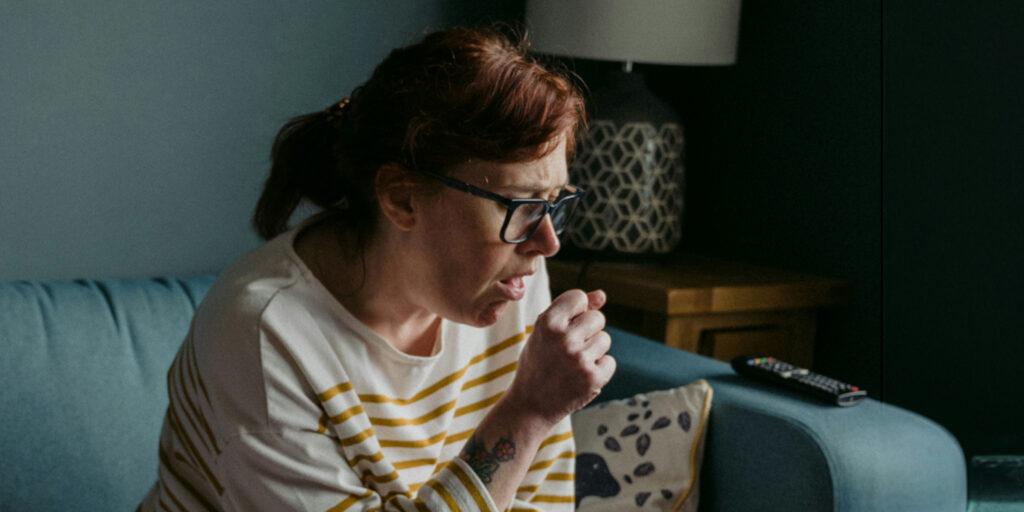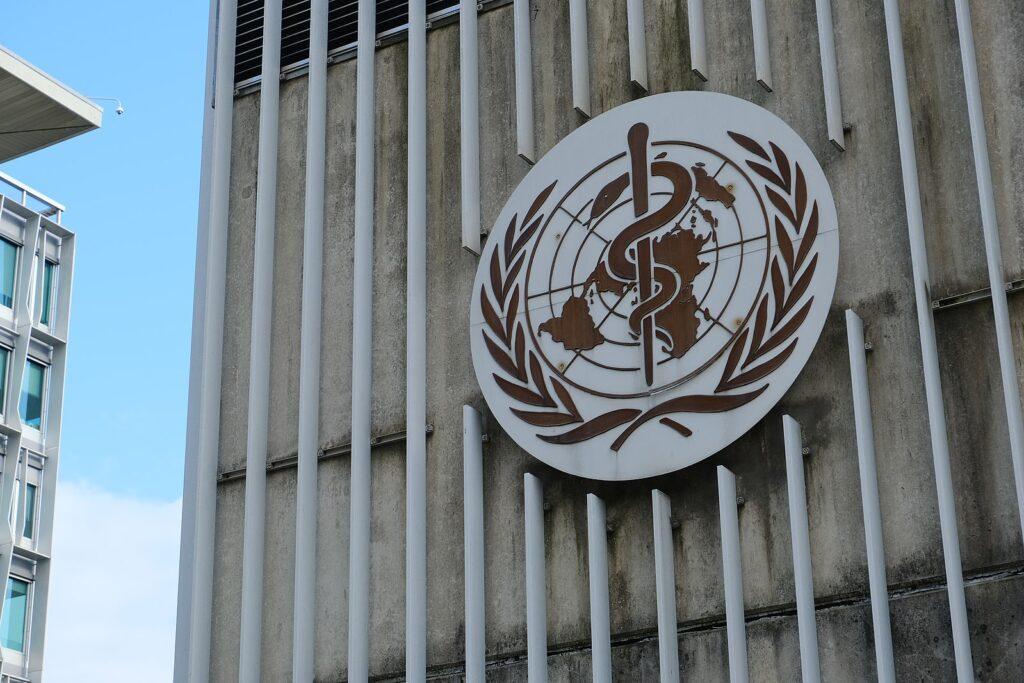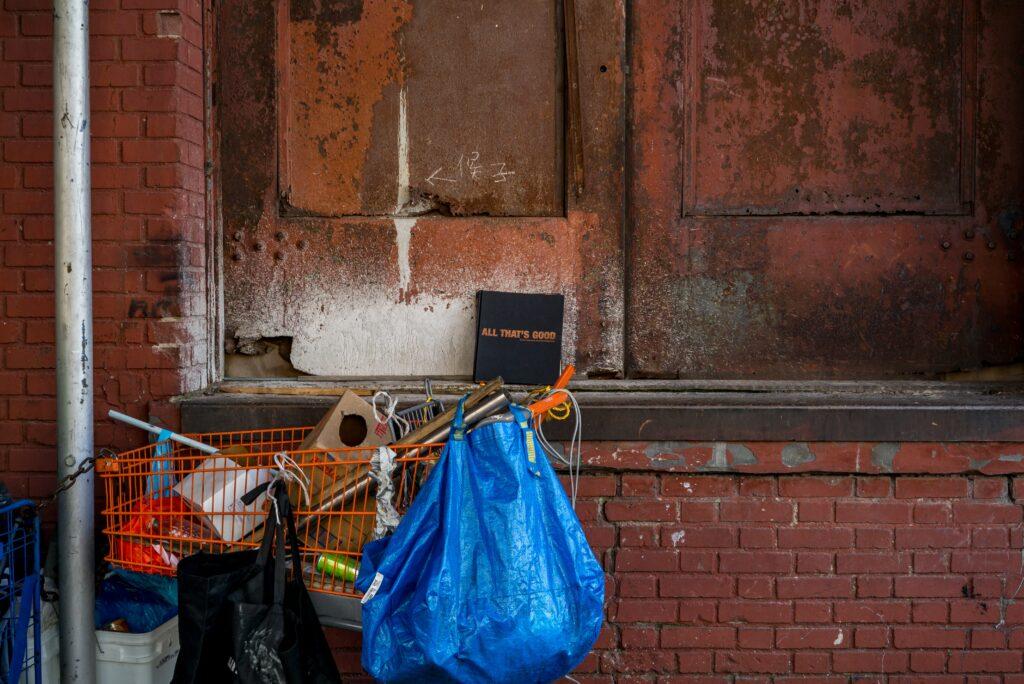Tyson Illingworth, aka award-winning DJ tyDi, is used to being in the spotlight. The 36-year-old musician travelled the world as an internationally acclaimed DJ and composer after being signed by the Armada label at just 17 years old.
But, when the pandemic hit, the spotlight went dark, as the entertainment industry effectively shut down. “I was locked down in LA for the first year of the pandemic, unable to travel. There was no way to play shows or tour, so I came home to be with family,” says Illingworth, who relocated to Queensland in late 2021.
On arrival, he spent two weeks in quarantine before being released in the height of vaccine mania. The government was pushing hard to get everyone vaccinated before the scheduled border opening at the end of the year, so Illingworth went and got his two jabs like everyone else.
Illingworth figured he’d wait out the pandemic at home before returning to the stage. But when the spotlight finally came back on, it was for all the wrong reasons.
In July 2022, Illingworth made national headlines as one of the first high-profile cases of COVID vaccine injury in Australia. Illingworth claimed to have suffered a cascade of adverse reactions following his Moderna vaccinations, including partial paralysis, electrical pains, numbness, and loss of motor skills.
Worse, he said that though five different doctors had privately admitted to him that his adverse reactions were most likely linked to the vaccine, in every case they refused to document it for fear of reprisal from the medical regulator, AHPRA.
At the time, vaccine injury was a taboo topic. Pro-vaccine sentiment was high, and media and officials were leery of contributing to vaccine hesitancy. Doctors were warned by AHPRA not to be seen to be ‘undermining the vaccine rollout,’ creating a culture of fear and silence in the profession.
Vaccine-injured people were having their social media accounts suspended for sharing their injuries, with epithets such as ‘anti-vaxxer’ peppered liberally in the comments about people who came forward to talk about their reactions. We now know that our own Department of Health requested that Facebook take down personal testimonies of vaccine injury (Facebook obliged).
In this context, going public was a courageous act, at risk of considerable personal cost. “I was cancelled. I was gaslit. I was called crazy. I lost friends and family,” says Illingworth.
“You know that Robin Williams line?”, he asks, referring to Williams in World’s Greatest Dad. “He says, ‘I used to think that the worst thing in life was to end up alone. It’s not. The worst thing in life is to end up with people who make you feel all alone.’ I just felt so alone.” Illingworth couldn’t work, he was in constant pain, and his support network was fractured. He sank into “a severe depression” for a while.
However, in the darkness, there was an opportunity for connection. Illingworth’s DMs started blowing up with stories of injuries. “There were mothers saying I lost my child, a man who said he’d lost his wife. I was crying a lot. I started to realise I was not alone.”
Because he had spoken out publicly, doctors quietly approached Illingworth offering treatments and protocols. Still, no one would go on record documenting his injury, but Illingworth was able to access a variety of treatments including sessions in a hyperbaric oxygen chamber, which he feels were enormously beneficial.
As his health improved, Illingworth continued to share his experience on his social media networks, and people kept contacting him to discuss their own experiences of injury and censorship. Illingworth says he was struck by how many people are struggling, and a sense of purpose started to build inside him.
“When I started to regain my health, I decided I’m not just going to let this one slide. I’m going to speak for other people that don’t have a platform,” Illingworth told Umbrella News. He began speaking out about medical censorship in Australia, not just in the way that the vaccine injured are treated, but also in the way that medical professionals are constrained, under AHPRA’s COVID vaccine position statement, and under the National Law, from offering individualised medical advice and informed consent to patients if it runs counter to government policy.
In June of this year, Illingworth shared his journey with a sold-out audience at the Mainstream Media and Medical Convention, at the Perth Convention Centre, which was headlined by cardiologist and public health campaigner Dr Aseem Malhotra.
Thank you 🙏 🕊️ pic.twitter.com/X2zryW1vjP
— TYDI (Neo) (@tyDi) June 19, 2023
“I felt like there was a connection, like the connection that I used to feel when I played music. I felt like that I was able to speak about such a personal issue and people understood,” says Illingworth.
Illingworth continues to raise awareness about vaccine injury and censorship on his social media profiles, and has also lent his voice to Covid vaccine injury class action, which has already filed in the Federal court. For Illingworth, joining the class action is a matter of principle, a way to “[hold] people that have done severe damage accountable.”
It’s also about providing financial relief for the vaccine injured who have lost income due to their injury or are struggling to afford expensive treatments. “Unfortunately, the government compensation scheme proved to be useless. The backlog is insane,” says Illingworth. As of 31 May 2023, only 164, or less than five per cent, of the total 3, 169 claims received had been approved by the federal COVID vaccine injury claims scheme.
Illingworth has put his music career on hold for now. “I’m not as good as I used to be,” he says of composing at the piano. “I still don’t have full feeling back in my fingers, so I have had learn how to play from muscle memory. That’s been a huge hindrance to my career.”
Still, he is optimistic about what’s ahead. “I feel like my world has done a 180-degree turn. I’ve found more strength than I had before, and I have a new community of likeminded people around me. This time last year I did not feel hopeful, but now, if I could share one message, it’s that there is hope.”



